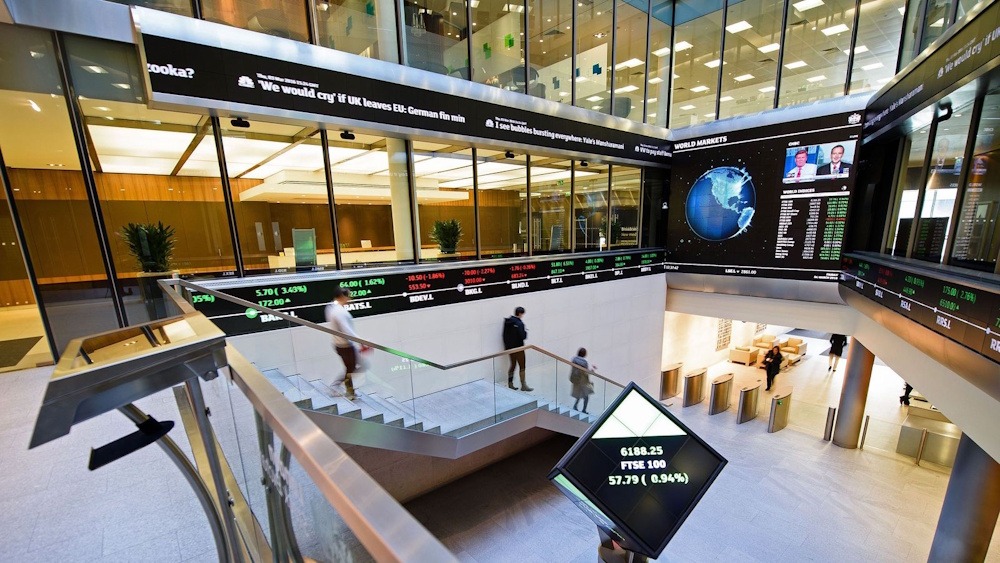
September 23 – On Tuesday, London stocks saw a modest rise, mainly fueled by the retail sector, as a weakening sterling offered further backing to the exporter-oriented FTSE 100 index.The benchmark index increased by 0.23% at 0959, while the domestically focused index saw a gain of 0.82%. An index of retailers’ stocks increased by approximately 3%, driven by a notable 15.2% rise in Kingfisher following the home improvement retailer’s upward revision of its full-year profit outlook after a stronger-than-anticipated first half.
The company’s shares were set to reach their largest single-session percentage rise since 1986. The index experienced an increase of 0.23%, while the other index noted a rise of 0.82%. Kingfisher sees a notable rise after the positive adjustment of its annual profit outlook. The Sterling faces a downturn after unsatisfactory PMI surveys. Other significant retailers also experienced gains, with JD Sports Fashion increasing by 1.6%, Frasers rising by 2.3%, and Howden Joinery achieving a gain of 3.5%. The pound fell, giving a further advantage to companies that rely on exports, after a survey showed a decline in British business activity in early September.
Recently, a separate survey showed that British companies are experiencing a drop in momentum and confidence as they brace for possible new tax increases in Finance Minister Rachel Reeves’ upcoming budget in November. It also suggested a continued decrease in hiring. Last week, the Bank of England kept its benchmark rate steady at 4% and signaled that it is carefully monitoring signs of easing inflation pressures before thinking about lowering borrowing costs. Serco Group was one of the top gainers in the FTSE 250, rising by 4.4%, following the announcement that a unit of the British outsourcing firm has secured a contract to deliver training and simulator services to the U.S. Air Force.
Engineering firm Smiths Group reported profit and revenue above market estimates, driven by robust demand for upgraded baggage-screening detectors and a rebound in the semiconductor market. The company’s stock hit an all-time high in early trading, but later saw a drop of 0.8%. The broader healthcare sector experienced a decline of 1.3%, with Oxford BioMedica facing a significant 9.2% loss following the release of its half-year results. Attention was also directed towards GSK, as the U.S. President Donald Trump’s administration requested that drug companies be ready to increase production of leucovorin, a variant of folic acid, for use in treating certain autism patients.
